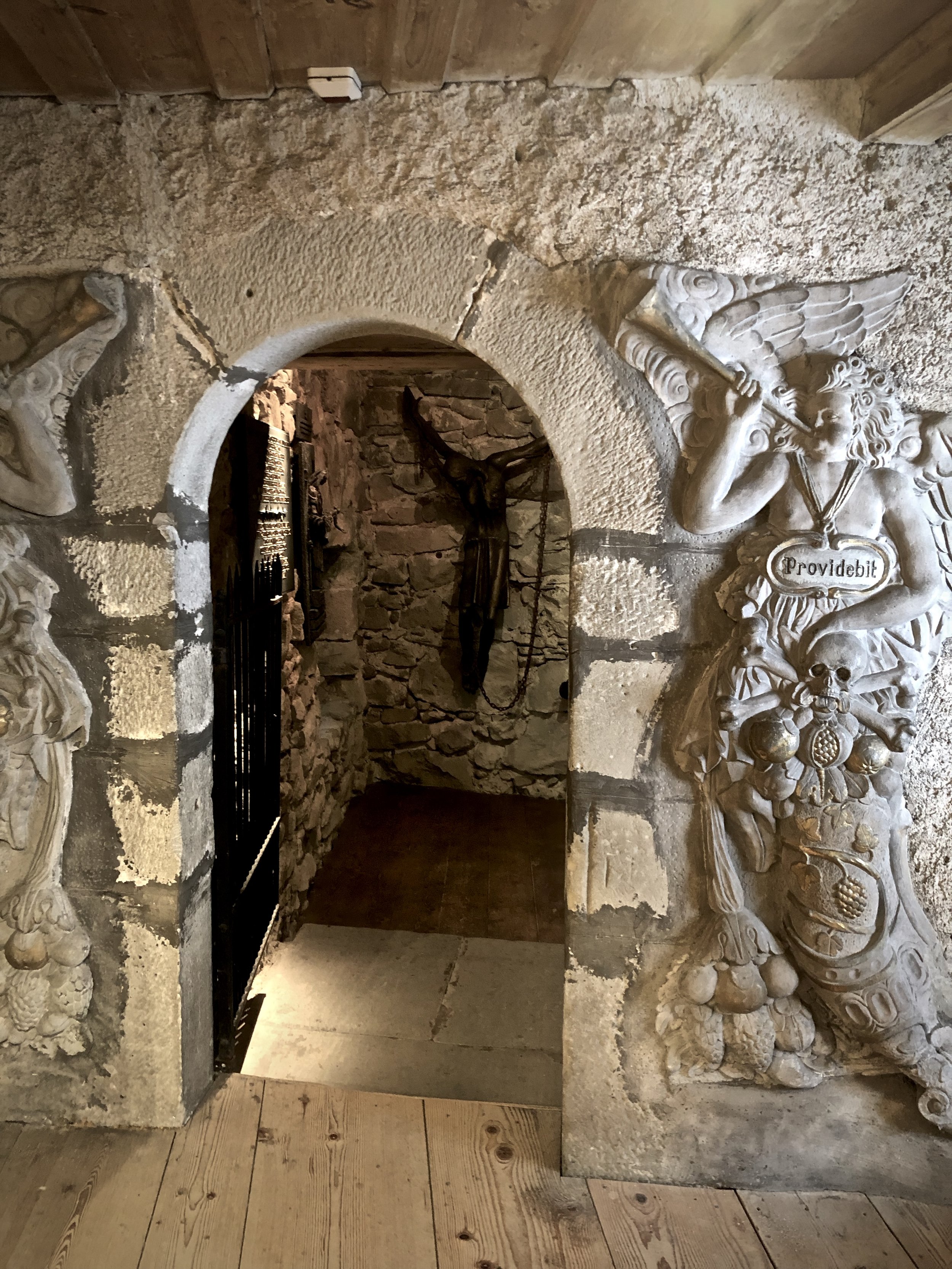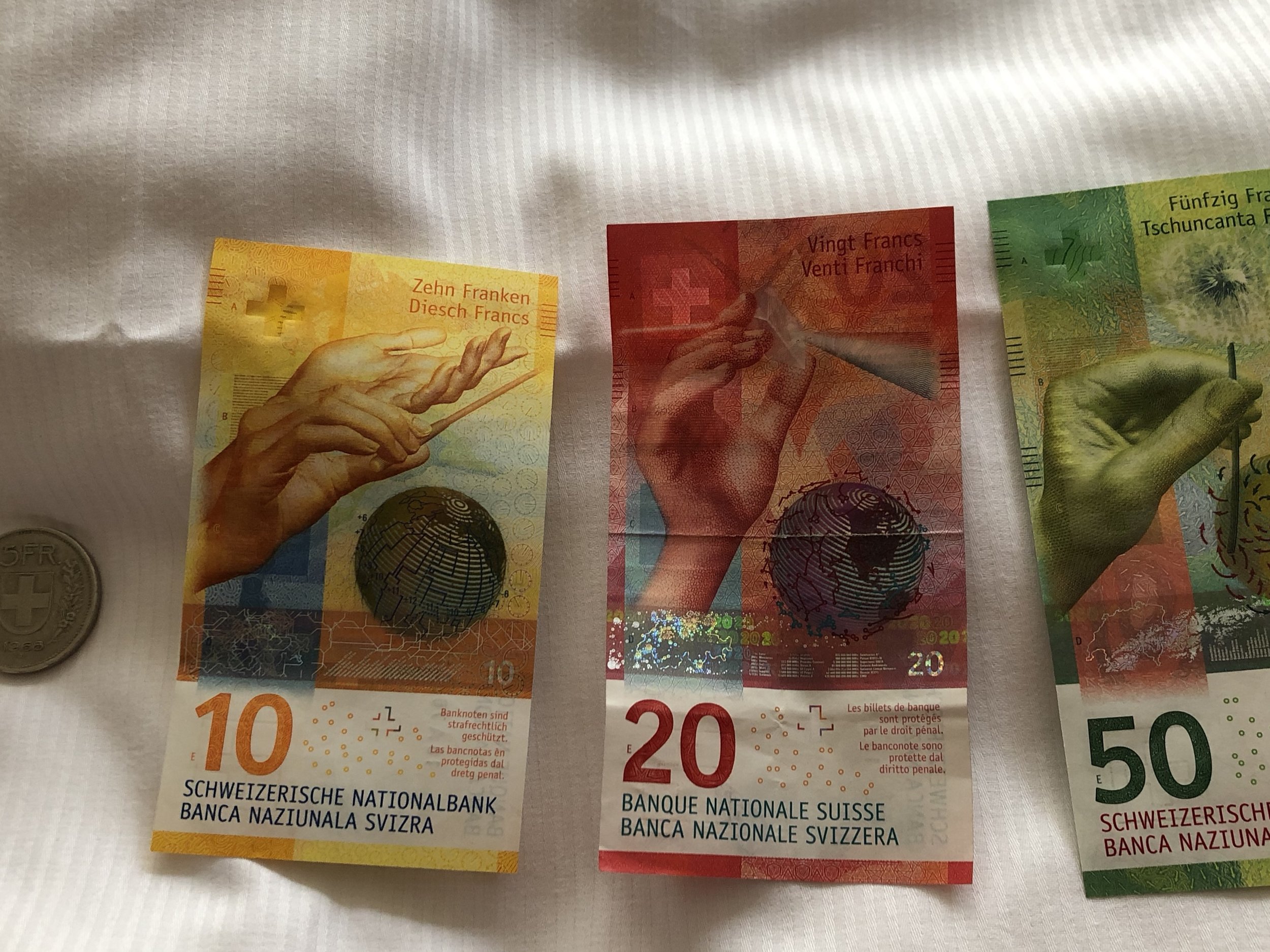My Adventure: Jason and I traveled with his parents from Zaporizhzhia to Molochansk where we visited a hospital and the Mennonite Centre, then onto Tokmak where we visited the maternity ward of that local hospital. The aim was to see how the funds from the Mennonite Centre had been utilized and to see if they needed funds for anything else. My husband’s father, Art Friesen is on the board of the Friends of the Mennonite Centre. I was truly saddened with how poor the region was, it was an eye opener and made me realize how truly privileged I am in life. I was so shocked to find that they have squatting toilets and they don’t flush their toilet paper. Plus a lot of people don’t have extra money - for anything.
The History: Just to give you a little background on the Mennonites. They are a Christian Anabaptist denomination that came together in the 16th Century after a split with Martin Luther and John Calvin over such issues as pacifism and the separation of church and state. The Mennonites takes its name from Menno Simons (1496-1561) of Friesland, who was a Dutch Roman Catholic priest. Through his writings, Simons articulated and formalized the teachings of earlier Swiss founders.
The Mennonite Centre in Molochansk, is a Ukrainian humanitarian organization that was created to provide community development programs for people in south-eastern Ukraine. The Centre was established in 2001 after the Friends of the Mennonite Centre in Ukraine, purchased the former Mennonite Girls’ School in Molochansk. The one-storied schoolhouse, which was constructed in 1905 and converted to a secondary school in 1910, was restored to its original condition and adapted as a multi-functional center. The projects that they help with on a yearly basis are….
1. Seniors: hosting three free lunches at the Centre, supporting two homes for seniors and providing food packages for needy shut-ins.
2. Education: scholarships for post-secondary studies, funds for educational materials, computer technology, and building maintenance for schools, kindergartens, music and sports schools, support for schools in teaching and integrating students with special needs.
3. Medical: paying for four medical practitioners to hold regular consultations at the Centre, funding various individual medical emergencies, eye examinations and glasses, providing funds for computers, medical supplies and equipment for hospitals and clinics as well as building repairs.
4. Community: providing funds for local fire departments, police and probation services for computer technology, vehicle maintenance and general community support. The Centre also maintains close relations with the local Mennonite congregations in Molochansk and Zaporizhzhia and their outreach programs.
5. Internally Displaced Persons: providing funds for food and medications for individuals in war-torn communities and assistance for IDP’s (International Development Programs) in Zaporizhzhia.
May 2019, Ukraine
















































































































































































































































































































































































